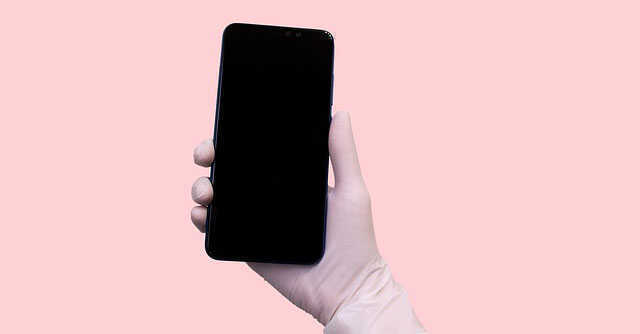
‘Parallel testing of electronics big boost’


The government’s go ahead to parallel testing of electronics products, starting with a pilot on mobile phones, will offer a “significant relief” to the ICT (information and communications technology) hardware industry and reduce the go-to-market time for original equipment manufacturers (OEMs), said industry experts.
Parallel testing, which entails simultaneous testing of all components, will save the industry four to six weeks as compared to the currently used sequential testing process, in which components are tested one by one, said Ali Akhtar Jafri, director general of MAIT, an industry body for IT and electronics.
OEMs are required to submit all new electronics such as mobile phones, laptops, TVs, power adapters, power banks, and digital cameras to Bureau of Indian Standards (BIS) certified labs for testing to ensure they conform with the Indian safety standards.
On 16 December, BIS issued new rules for allowing parallel testing of electronic products after multiple requests by the industry.
“If an OEM wants to introduce a smartphone, they will have to start the certification process 4 to 5 months in advance. The testing process of a single smartphone currently takes 12 to 16 weeks. With this move, the duration of the testing process will be reduced by four to six weeks,” said Jafri. This will allow OEMs to launch new models faster in the Indian market. That said, Jafri clarified that this will not compromise the safety of users as all existing tests will remain the same.

“We are not asking for any reduction in the number of tests. Whatever mandate is there to test safety should remain. No tests will be removed. Only the process will be refined so two tests can be done simultaneously,” he added.
